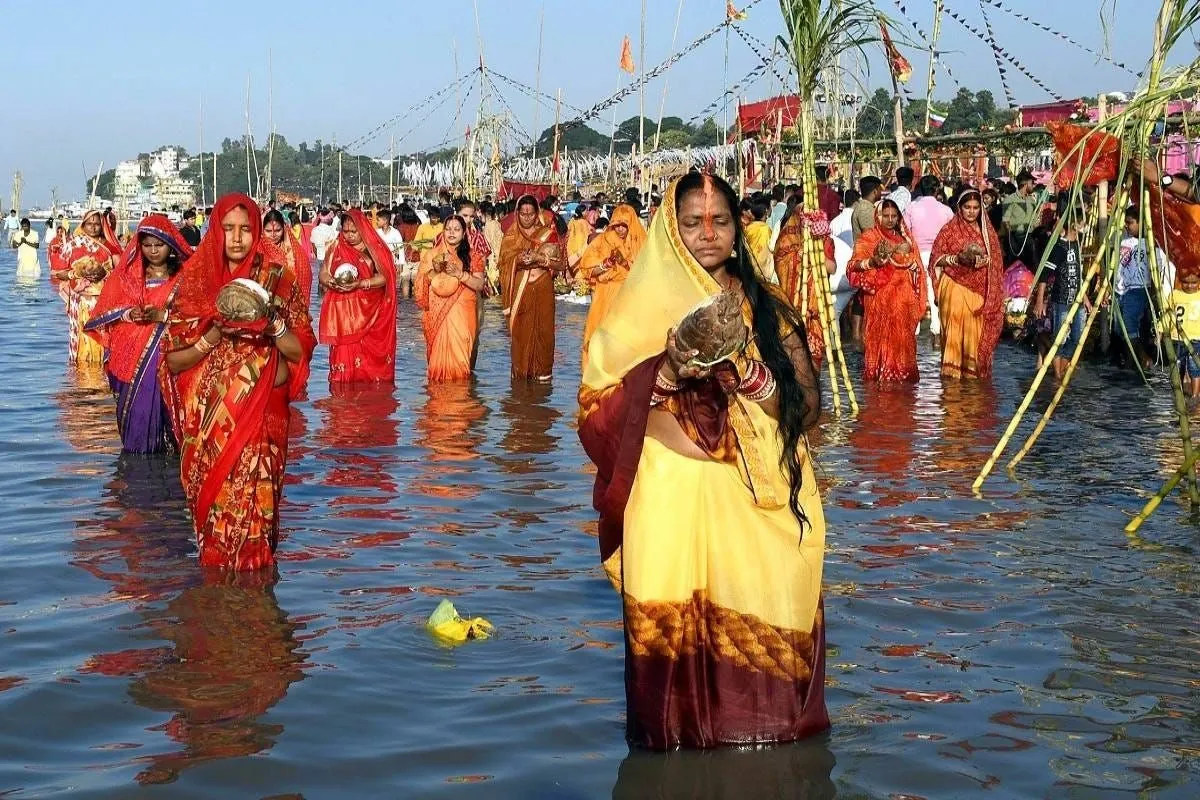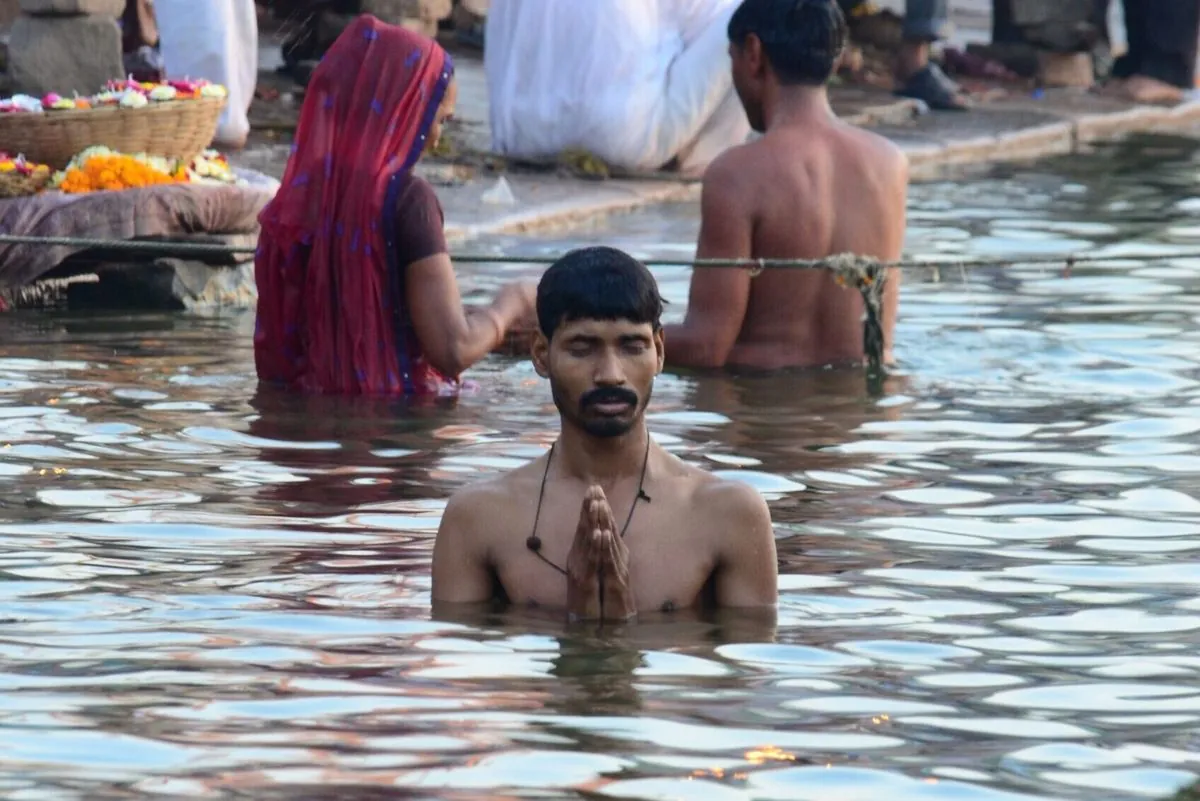Tragic Drownings Mar Hindu Festival in Bihar, India
46 people, including 37 children, drowned during a Hindu festival in Bihar, India. The incidents occurred across 15 districts during cleansing rituals, prompting government compensation for victims' families.

In a series of tragic incidents, 46 individuals, including 37 children, lost their lives during a Hindu festival in Bihar, India. The drownings occurred across 15 districts of the state, highlighting the risks associated with religious rituals near water bodies.
The three-day festival, which concluded on September 26, 2024, involves mothers fasting for 24 hours and performing cleansing rituals in rivers and ponds. This year, heavy monsoon rains had significantly raised water levels, contributing to the dangerous conditions.
Bihar, the third-largest state by population in India, is known for its rich cultural heritage and religious traditions. However, it also faces challenges such as frequent flooding during monsoon seasons and a lower literacy rate compared to the national average. The state government has been implementing various schemes to improve child welfare and disaster management strategies.
The Ganges River, which flows through Bihar, plays a significant role in Hindu rituals. However, the state's subtropical climate and agricultural focus on rice and sugarcane production contribute to its vulnerability to flooding. This tragic event underscores the need for improved safety measures during religious festivals.
In response to the tragedy, the Bihar government has announced a compensation of 400,000 rupees (approximately $4,784) for each victim's family. This gesture aims to provide some financial relief to those affected by the loss of their loved ones.

Unfortunately, accidents during religious festivals are not uncommon in India. In July 2024, a stampede at a religious event in northern India resulted in at least 121 fatalities due to severe overcrowding and inadequate exit routes.
Bihar's rich history, including its connection to ancient seats of learning like Nalanda University and its significance in Buddhism and Jainism, contrasts sharply with the challenges it faces today. As one of India's poorest states, Bihar has been working to improve its infrastructure and promote eco-tourism in recent years.
The state capital, Patna, serves as a hub for efforts to address these challenges. With its diverse ecosystem and wildlife sanctuaries, Bihar has the potential to balance its cultural and religious heritage with modern safety standards and environmental conservation.
As the state mourns this tragic loss, it's crucial to reflect on the importance of implementing stricter safety measures during religious festivals while respecting cultural traditions. The incident serves as a somber reminder of the need for continued focus on disaster preparedness and public safety in Bihar and across India.


































